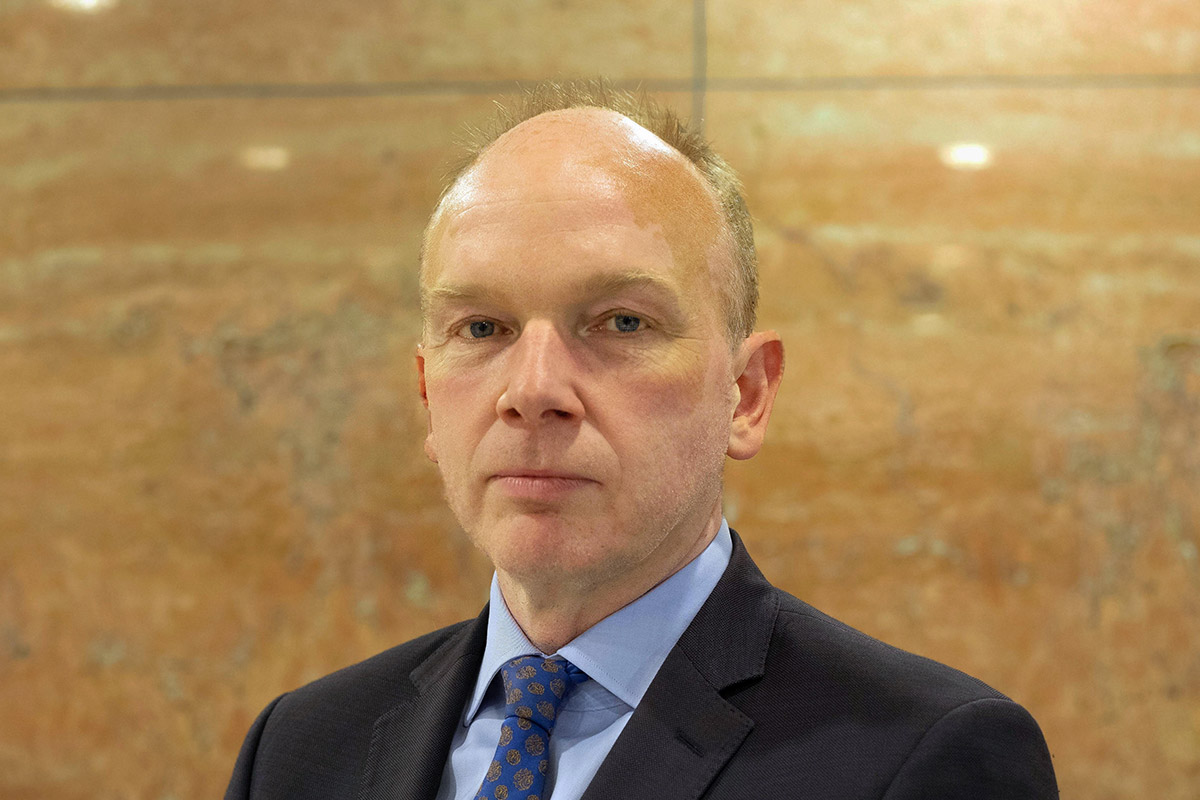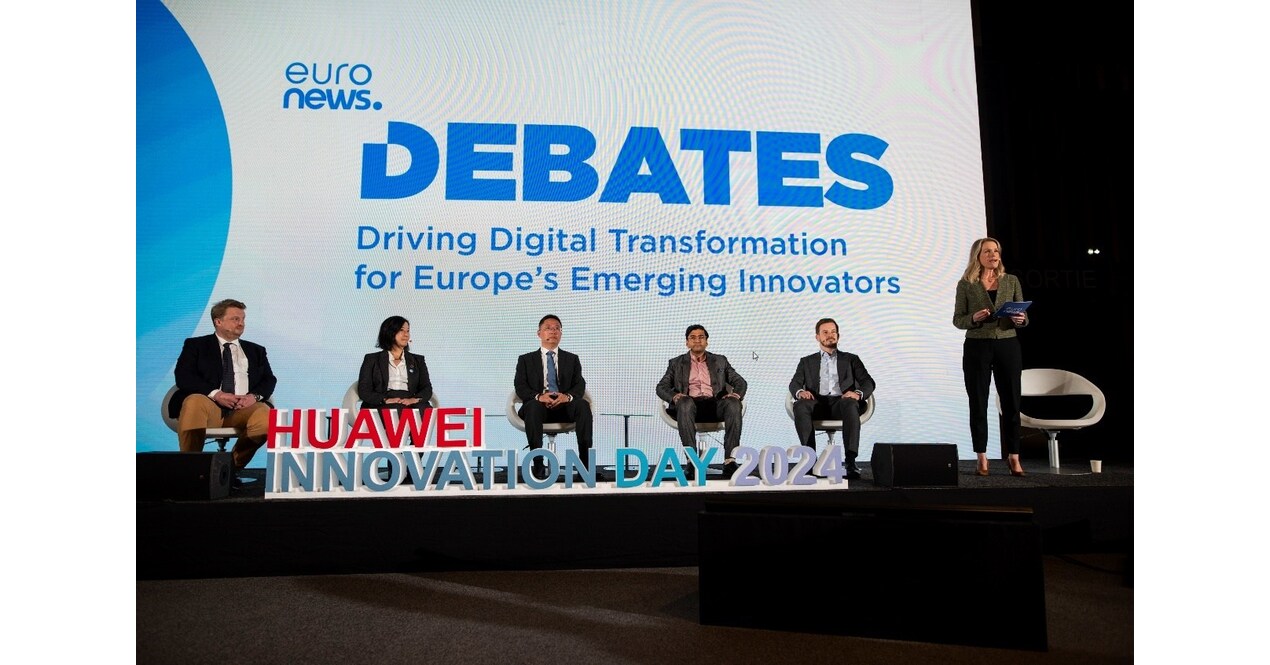Martin Haijer: Iceland gambling monopoly is “at odds” with the rest of Europe

The EGBA secretary-general has called for Iceland to follow its neighbours in moving to an open licensed gambling regime.
Iceland.- Martin Haijer, secretary-general of online gambling trade body the European Gaming and Betting Association (EGBA), has called on Iceland to “rethink” its monopoly approach to gambling. Writing an op-ed on the Icelandic website Visir, he suggested the country should follow its neighbours Denmark and Sweden, which launched regulated gaming markets in 2012 and 2019, respectively.
He said the current system is “at odds” with most European countries and that Icelanders were seeking alternatives. Unlike in most other remanining monopoly markets, gambling in Iceland is not run by the state. The only regulated gambling in Iceland is run by six non-state charities, which must invest proceeds into their causes. However, Iceland Review magazine has estimated that Icelanders spend ISK20bn (€134m) a year on unregulated offshore gambling sites.
“It is the nature of monopolies to limit consumer choice,” he wrote. “Online gambling is a price-driven market. People play for their own money and naturally want to maximise their potential returns. Attempts to limit consumer choice through monopolies therefore create more problems than they solve.”
On the experiences of Iceland’s neighbours, he wrote: “Over the past 15 years, a well thought out and consumer-oriented regulatory framework has been gradually established in Denmark and Sweden. The experience from both countries shows that ending monopolies and introducing a licensing system had a positive effect on the market and did not lead to an increase in unhealthy online gambling.
“The companies that used to have patents in these countries have also prospered… Iceland can achieve comparable results to Sweden and Denmark, but it requires political will and courage to change direction.”
More recently, Finland has outlined plans to open a regulated competitive online gambling market by 2027. The Ministry of the Interior has opened a consultation on the plans, which would end the monopoly of state-controlled Veikkaus.
“Such a change is about creating a regulated environment that is safer for players than the current environment in Iceland,” Haijer added. “The implementation of a licensing system is not without its challenges, as the experience from other European countries shows. It will require careful work that assesses the consumer, regulatory and economic benefits of implementing a new system. These challenges are inevitable, but almost all European countries have managed to solve them successfully.”
Related
European Safer Gambling Week: Driving Positive Change
The European Safer Gambling Week serves as a critical moment for the gambling industry to collectively emphasise the importance of responsib
The Best EU Casinos for 2024
There are dozens of offshore EU casinos on the market. Sorting through all these takes both time and effort, but we’re here to save you the hard work. I
Great Britain lags behind Europe on restricting gambling marketing, new…
Published research into gambling marketing 2014-2024. Credit: Drivers of Gambling Marketin
Online gambling regulations in Germany
Germany, which is Europe’s largest economy, has been known for its strict approach to gambling regulation for a long













